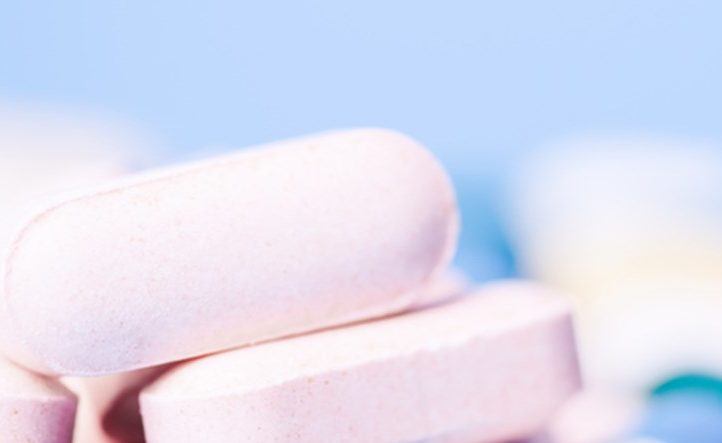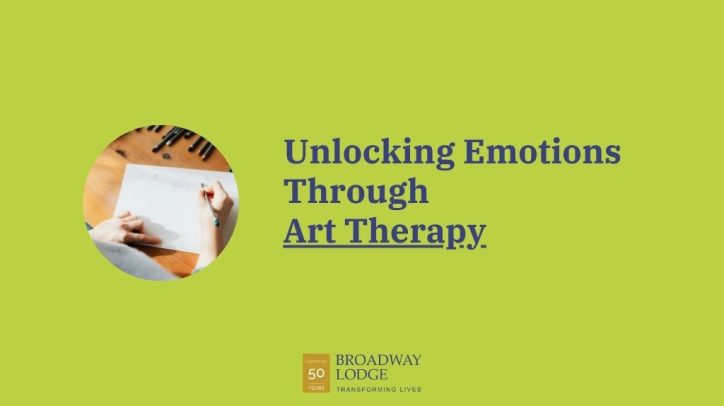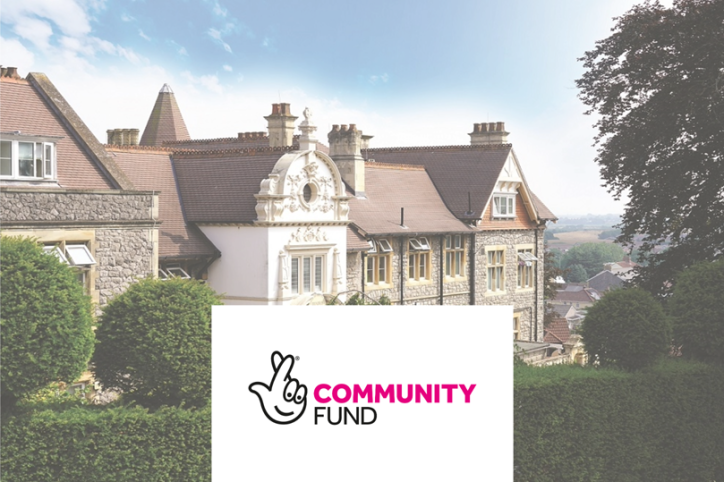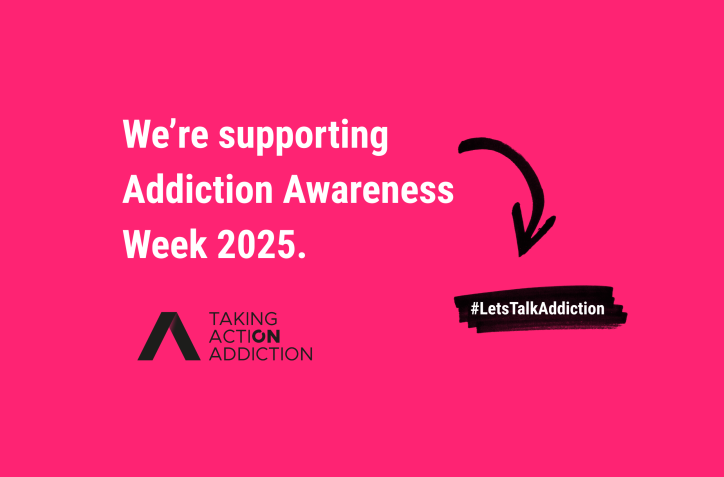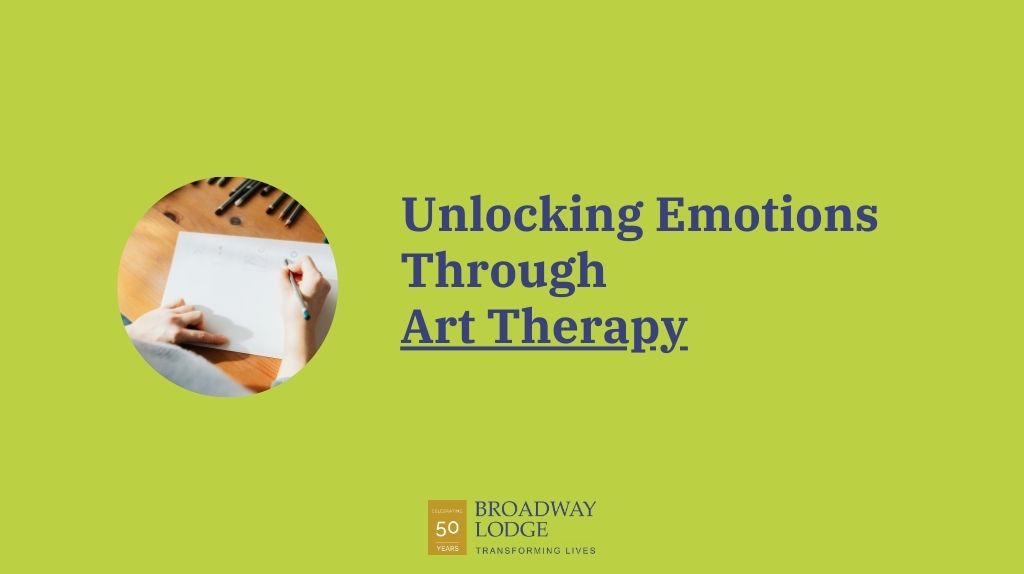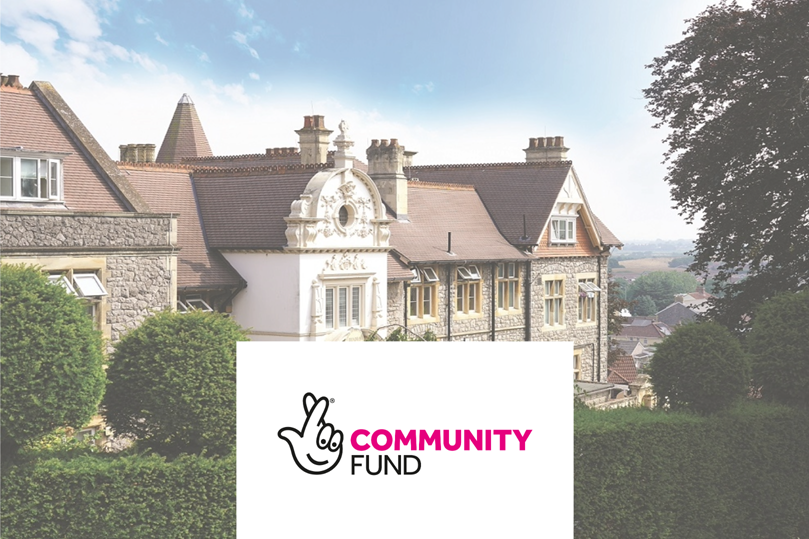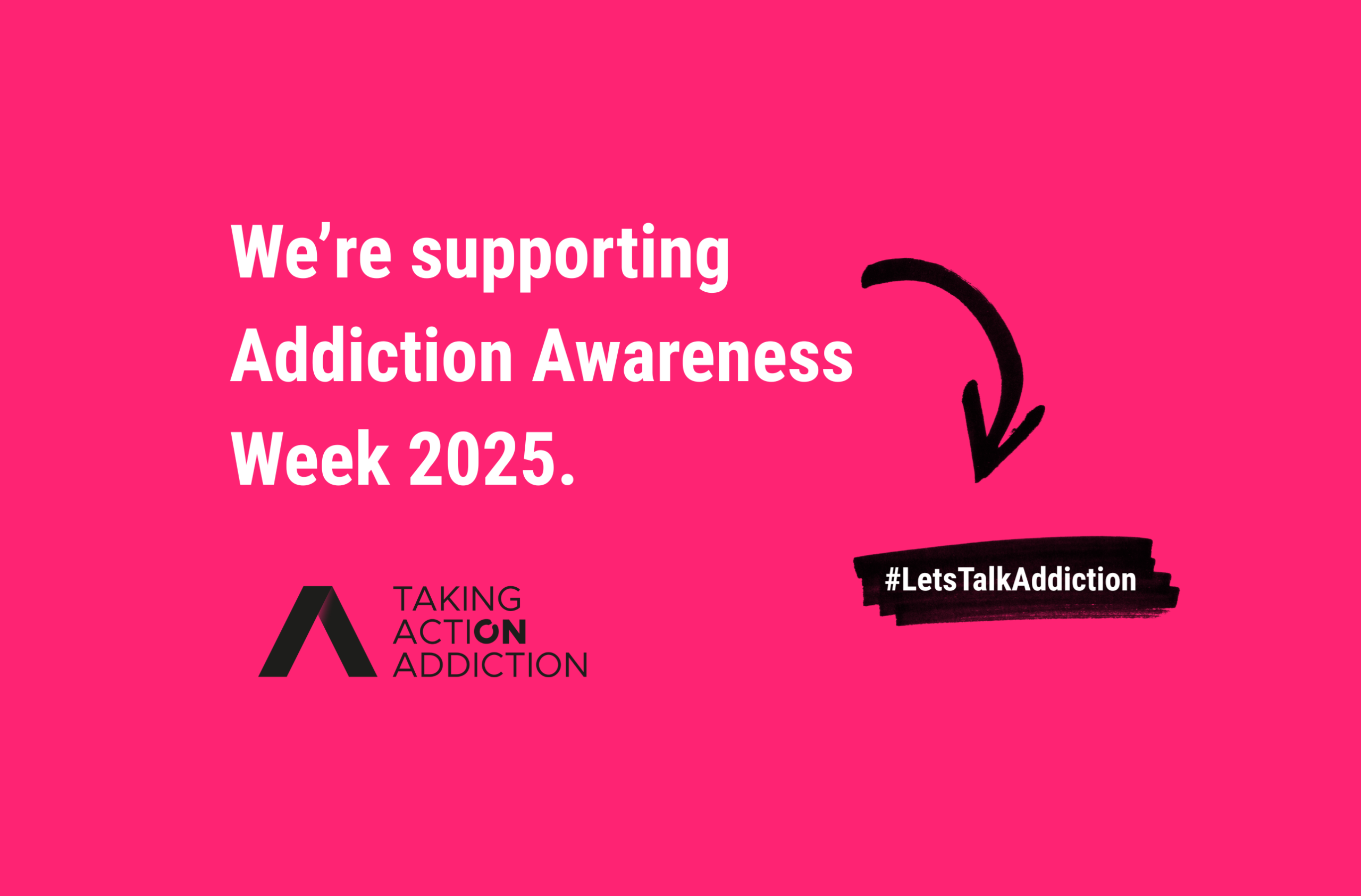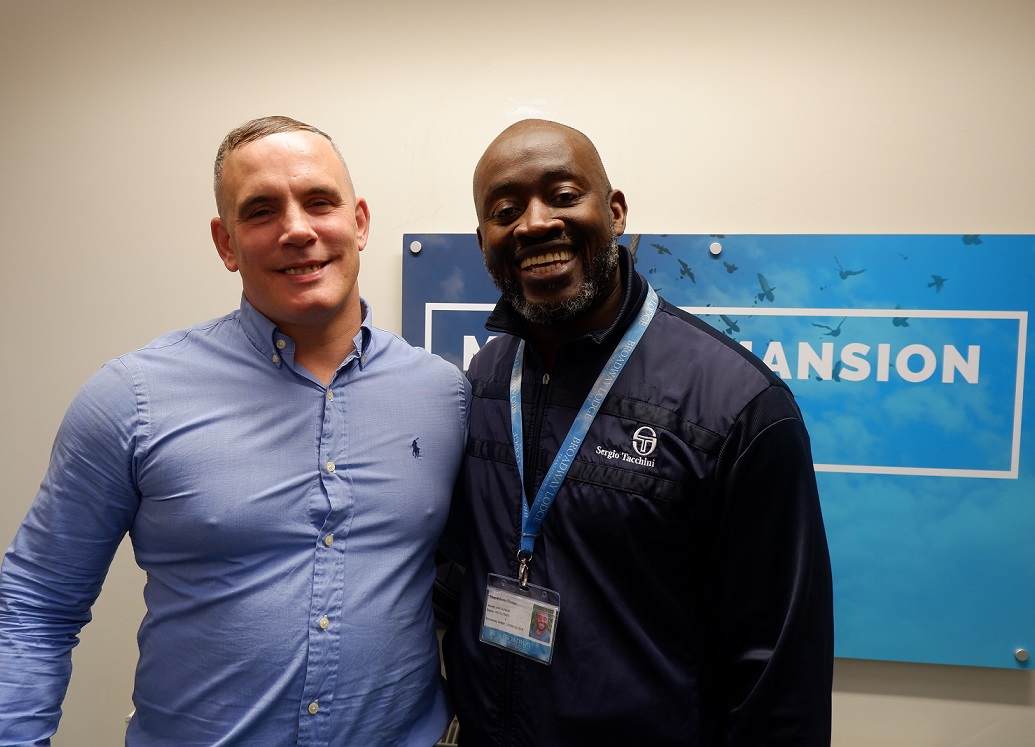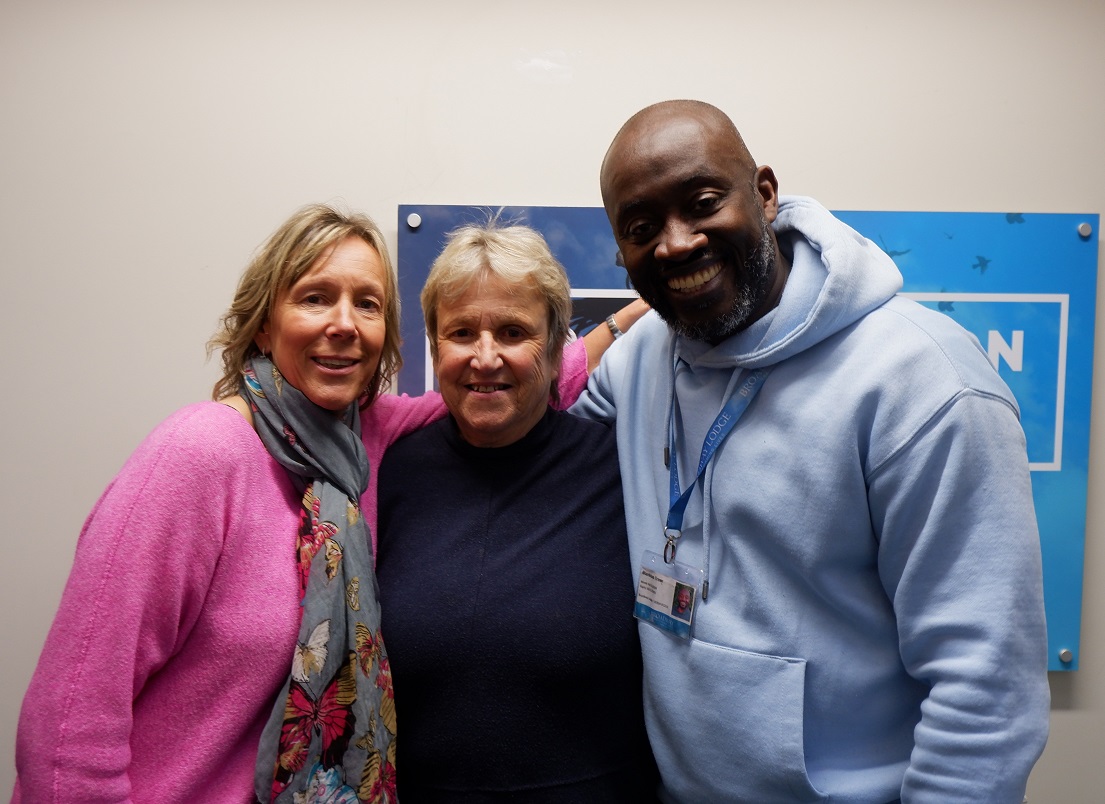Prescription medicines can be a powerful tool for improving and saving lives. When used correctly and as prescribed by medical professionals who understand addiction and recover, individuals can benefit enormously. However, strong drugs also carry with them the risk of dependence, misuse and the danger of addiction.
There were 3,744 drug poisoning deaths involving both legal and illegal drugs in 2016 in England and Wales; this is 70 higher than 2015 (an increase of 2%) and the highest number since comparable statistics began in 1993. Drug-related hospital admissions have also increased by 50% over the past decade. (1)
What is prescribed medication?
Prescribed medications are drugs prescribed to the individual by a medical professional. The Misuse of Drugs Act 1971 sets out the list of controlled drugs in the UK, separating them into different classes.
Why prescribed medication can be a problem
When taken as prescribed and for a limited period of time, prescribed medicines can be extremely valuable in treating a medical problem. However, dangers can arise when these medicines are:
- taken in larger doses than prescribed for the individual, leading to drug dependence and misuse
- obtained illegally
- Prescribed by a medial professional who believes people cannot become abstinent and recover from addiction. These professionals will often keep people small and dependent
Public health experts (3) have revealed that the use of powerful prescription painkillers has doubled since 2000. Meanwhile data from 50,000 NHS patients found that 1person in 20 is now prescribed highly-addictive opioid painkillers such as codeine and tramadol. (2)
Dangers of the misuse of prescribed medication
When prescribed medications are misused or are adversely affecting your life they can become dangerous and, in extreme circumstances, life-threatening.
People can mistakenly believe that misuse of prescribed medication is less dangerous than addiction to illegal drugs but this is misguided. This is because many prescription drugs have the same opiate, and highly addictive basis as the better known ‘street drugs’. Lulled by the fact that prescription drugs have been presecribed and dispensed by medical and pharmacy staff, albeit for specific purposes and periods, many people come to believe that they must therefore be less harmful. Having experienced the calming, euphoric or heady effects of some prescription medicines, some people may start to use them recreationally and become addicted.
Some of the most abused prescription drugs include:
- Painkillers: opioid painkillers e.g. hydrocodone (Vicodin) and oxycodone (Roxicodone). Codeine is an opiate the misuse of which, in high doses taken over long periods, can damage body organs and can trigger cardiac arrest. In extreme circumstances it is possible to die of an overdose.
- Depressants: for example benzodiazepines such as diazepam (Valium) or alprazolam (Xanax) are used to treat anxiety. When people misuse them it can severely affect their functioning and lead to mental health problems and memory loss. Again they carry the danger of coma and/or death.
- Stimulants: including the combination of amphetamine and dextroamphetamine (Adderall) or drugs such as Ritalin used to treat attention deficit hyperactivity disorder (ADHD). Thse drugs can cause insomnia, increased heart rate, heightened aggressin and paranoia. They can also cause heart attacks.
Whether prescribed medicines are friend or foe, experts warn that a balance needs to be struck between giving patients proper access to medicines that will relieve medical suffering, and avoiding the level and types of prescriptions that can lead to addiction or other harms.
A combination of approaches is being used to tackle the problem including monitoring prescriptions, tighter prescriptions controls, introducing changed drug formulations which make abuse harder, educating medical professionals and in the end, treating people who become addicted.
However, alarm bells have also sounded as drug fatalities have been found to be highest where treatment budget cuts are the deepest. (4)
At Broadway we have seen first-hand the debilitating effect of the rise of prescription drug addiction. We have helped many patients to overcome their addiction and be free to live healthy drug-free lives. If you, or a loved one, are struggling with prescription drug addiction, contact us to help you.
(1) Office for National Statistics. Deaths related to drug poisoning in England and Wales: 2016 registrations. 2 August 2017
(2) British Medical Journal. Opioid prescriptions in England doubled over 12 years. 2017; 358:j4249
(3) The Telegraph. Strong painkiller use ‘doubles in 15 years’. 8 September 2017
(4) The Guardian. Drug fatalities highest where treatment cutbacks deepest. 14 October 2017
– The Pharmaceutical Journal, 13 June 2015, Vol 294, No 7866

